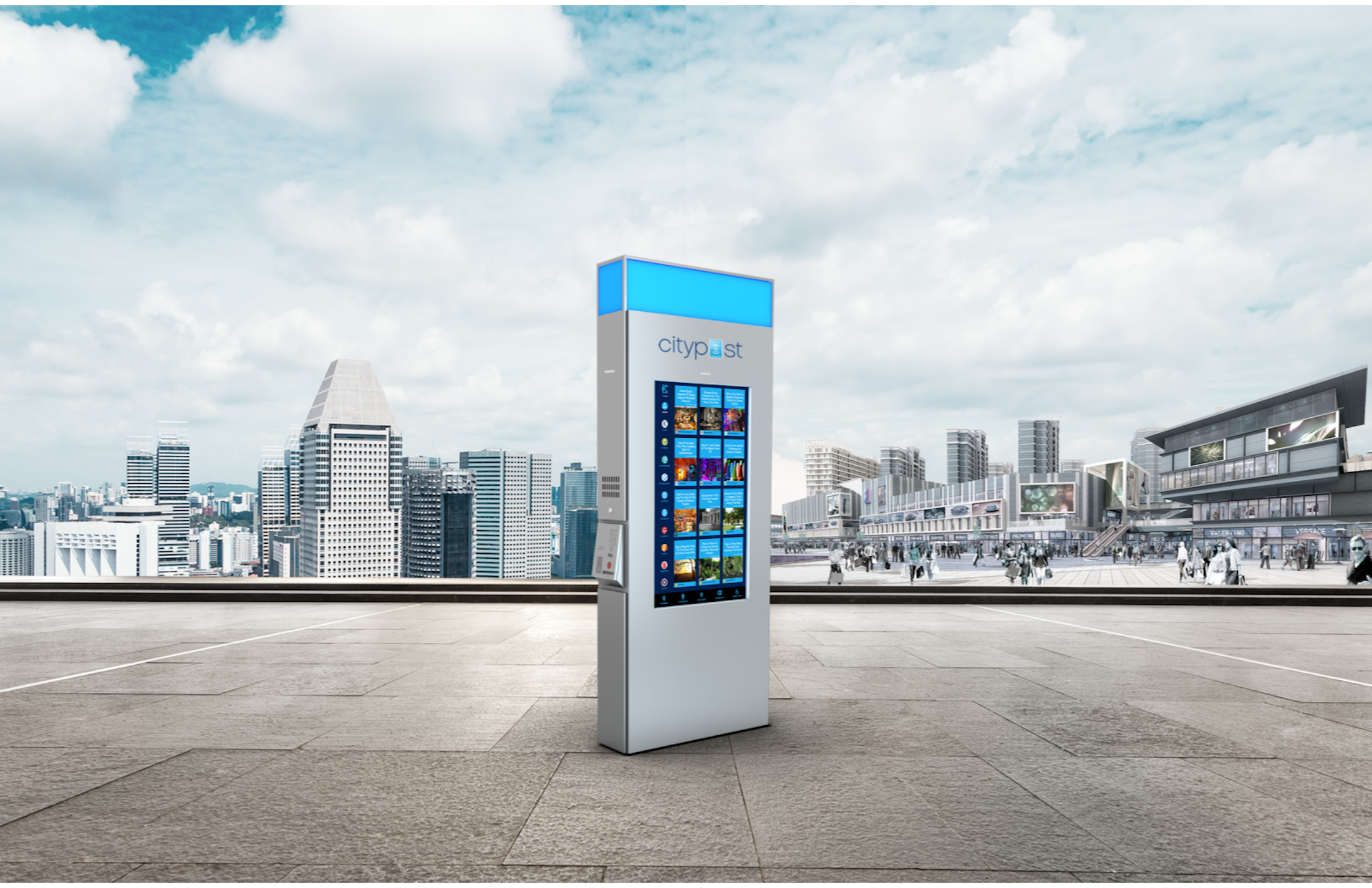
Overlooked Privacy Issues With The Hop's New Kiosks
A recent press release from The Hop offers details about the 8.5 foot "smart kiosks" being introduced to Milwaukee’s streetcar stops beginning in May. Cities around the world have been forming relationships with companies such as Smart City Media to create new sources of income for municipalities as well as bridge the gap between online advertising and people’s habits in the physical world.
The idea normally revolves around using cameras, sensors and various other tracking techniques to connect people's online advertising profiles to their actions in the physical world while offering a somewhat useful tool in return at no cost to the municipality. Did Sam go to the store and buy that home mushroom farm we advertised on Instagram?
These agreements often create concerns as a result of privacy and security considerations being an afterthought of companies and municipalities. When companies that specialize in advertising offer something for free, there is a trade off that often comes at the expense of an individual's privacy. When a budget strapped city such as Milwaukee is offered up to $500,000 annually at no expense, they tend not to focus on the details.
Should a casual walk down the street require surveillance by the Milwaukee Police Department? Do these kiosks use beacons or WiFi-tracking techniques to track where people are going regardless of whether they connected to the WiFi and agreed to the terms? Answers to the questions below could help address these sorts of concerns.
- What and where is the privacy policy for these devices?
- What types of data are collected?
- How and why is it collected?
- How is the collected data anonymized?
- Is tracking limited to users that connect to the WiFi?
- Is the video and audio recording 24/7 or activated by the emergency feature?
- Who owns the video and audio data? Where and how is it stored? What is the retention policy? How will MPD use the video and audio feeds?
- What restrictions are in place on Smart City Media's usage and/or sale of collected data?
- What oversight is there to assure Smart City Media is following the terms of the contract in relation to data use, privacy and retention policies?
- How frequently are these devices' software and OS updated?
- Who owns the streetcar tracking and arrival time data?
Smart City Media appears to be an honest company that provides useful products and provides a fair bargain with municipalities around the country. However, more information needs to be provided. The video surveillance aspect is particularly troubling as law enforcement should be limited to monitoring individuals suspected of crimes after getting a warrant; not broad, indiscriminate monitoring of large swaths of the city. As Bruce Schneier states in his book Secrets and Lies, "it is poor civic hygiene to install technologies that could someday facilitate a police state."
Several other cities reversed course on their smart kiosks idea. In 2017, Seattle’s mayor rejected an initial proposal from Intersection. Her communications director stated,
Mayor Durkan had significant concerns with both the privacy and data policies — specifically what data was collected, how it was stored, what tracking was possible, and how ads were targeted.
New York City had privacy issues exposed with their smart payphone kiosks installed throughout the city. “LinkNYC kiosks, at no cost to the city, would provide free internet coverage to anyone walking by.” The company, working with NYC in this case, also accidentally uploaded some testing source-code to Github,
...the “LinkNYC Mobile Observation” code collects the user’s longitude and latitude, as well as the user’s browser type, operating system, device type, device identifiers, and full URL clickstreams (including date and time) and aggregates this information into a database. In Meyers’s view, this code — along with the functions of the “RxLocation” codebase — suggests that the company is interested in tracking the locations of Wi-Fi users in real time. If such code were run on a mobile app or kiosk, he said, the company would be able to make advertisements available in real time based on where and who someone was, and that this would constitute a potential violation of the company’s privacy policy. In 2016, LinkNYC’s privacy policy made it clear that it did not collect information about users’ precise locations. “However,” it states, “we know where we provide WiFi services, so when you use the services we can determine your general location.
To reiterate, Smart City Media does not have a record of malfeasance that is readily discoverable through a quick duckduckgo search. That being said, it will benefit residents, visitors and our representatives to slow down, get clear answers to the above questions, verify that the proper safeguards are in place and that excessively intrusive technologies will not be introduced into our daily lives. Advertisements, like police, are necessary and beneficial to society but they should not be profiling our every click and movement (unless we have done something to truly justify it 😉.)
03/16/2020 - Edited to add question #10 and to perform some small grammatical fixes.

Comments